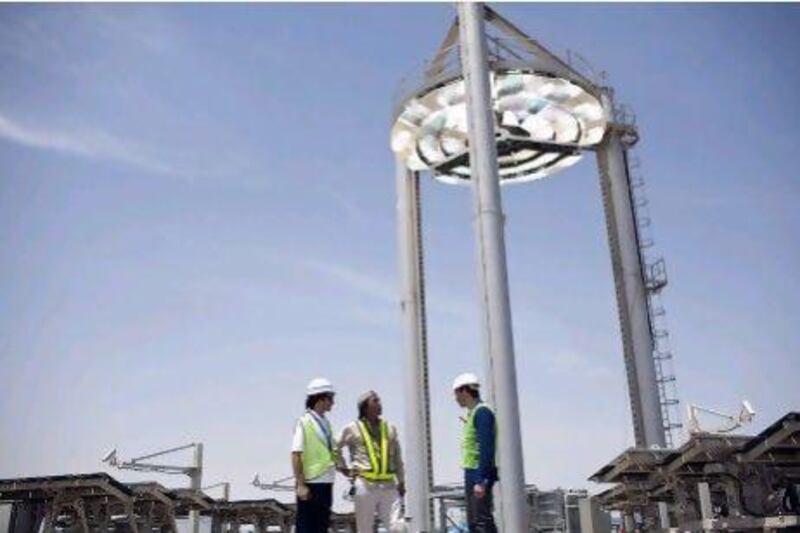Innovation is a business buzzword heard so frequently that it has left me wondering what do people mean by innovation?
While there is massive interest in innovation - in the Middle East as well as globally - the focus of many companies is on incremental and adaptive innovation, or what can be called C2GCC (copy to the GCCsof).
This is taking an outside model - often from the West - and then applying it to the GCC market. (Actually this concept is an example of C2GCC as I borrowed the idea of C2C - copy to China - and modified it for the GCC.)
There are a lot of developments happening across the region in retail, financial services and telecommunications. But we are not seeing a lot of science-based, new-to-the world innovations comparable to markets where business leaders have been focused on measuring the hardware of innovation, the amount of research and development spending, and the number of new patents.
While the C2GCC approach is successfully bringing new ideas into the markets, should innovation be limited to importation? The hard infrastructure is clearly being built up in the GCC, but the social institution and understanding that helps to move ideas from the lab to the marketplace is lagging.
The next opportunity coming into view is moving from C2GCC to "breakthrough thinking". Innovation is more than copy, paste and modify for the GCC, it is about generating new-to-the-world ideas and value creation.
Since we are in the phase of raising the innovation mindset, attention needs to be on building the soft side of innovation, which includes leveraging intelligence, building innovation skills, adding value from diversity and enhancing educational models.
Currently, governments and businesses across the region are highly successful at hunting down and importing the best ideas from around the globe.
To move from C2GCC to breakthrough thinking, the attention needs to shift from leveraging business intelligence as a basis of idea generation to using it for a step change in innovation.
To be a leader in innovation there needs to be a local culture and institutions that encourage individual initiative, risk-taking and collaboration. These are the requisite skills needed to be uniquely positioned as a leader in innovation.
The flowing back and forth of people and ideas is incredibly important for the region's future strength and it is now also one of the biggest competitive advantages. To maximise this for innovation, businesses need to think of a transient workforce like a supply chain and seek to add and extract value at each touch point. This will enable them to move immense diversity into innovation leadership.
The GCC and many of the emerging markets educational systems are still focused on rote memorisation and examinations. The educational models and the paternal involvement need to be enhanced to shape the mindset and build the skills.
Historically, the GCC was a leader in innovation, with major developments in science and even the marching band. In recent years, the region has produced many engineers. Now it is time to build strong "soft" skills and move beyond C2GCC to be a global leader in innovation.
Dr Tommy Weir is an authority on fast-growth and emerging market leadership and author of CEO Shift






